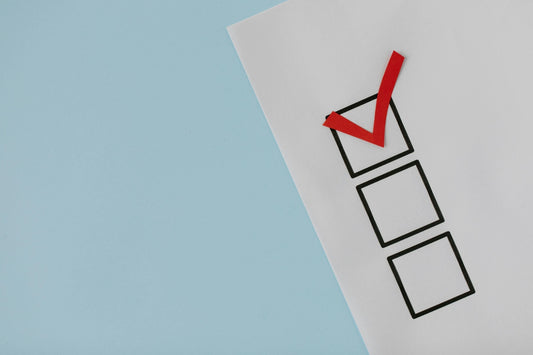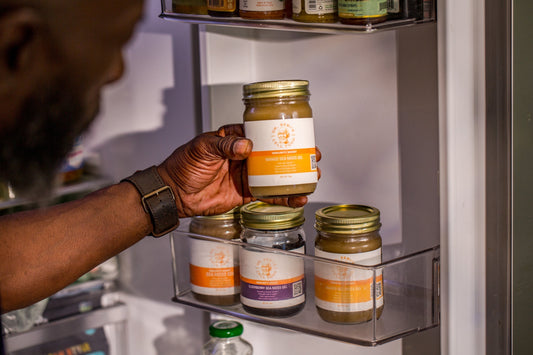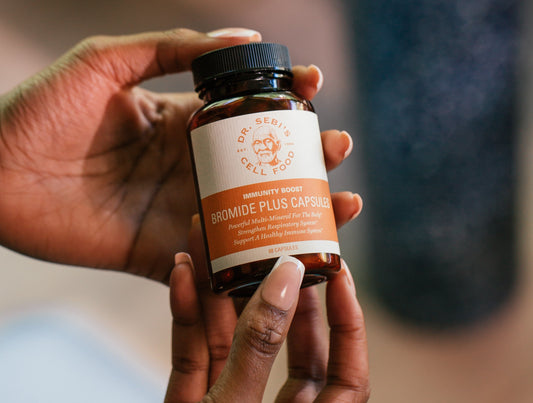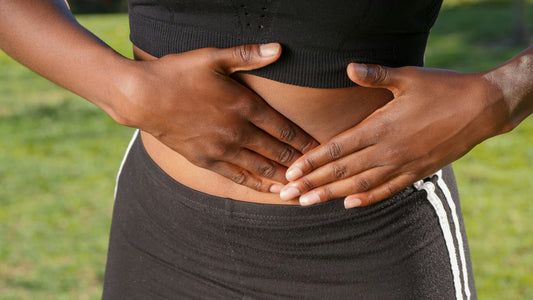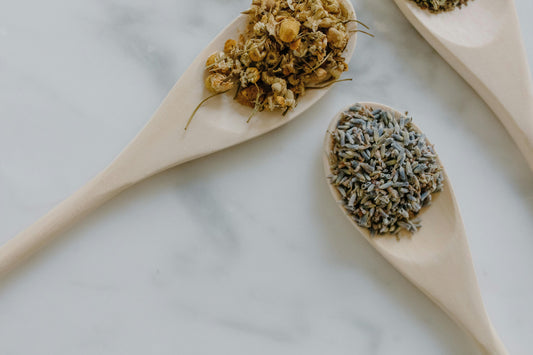If your phone feels like a permanent extension of your hand (Psst! Take the quiz “Are You Addicted to Your Device?”), you might have considered a dopamine detox to break the cycle.
While a true dopamine detox isn’t scientifically possible—your brain needs dopamine for everyday functions—the term has become a popular way to describe stepping back from screens and eliminating modern distractions.
By cutting back on constant digital stimulation, you can reset your brain’s reward system, find more focus, and reconnect with what truly matters. Here’s how a dopamine detox can help you regain control over your tech habits and rediscover balance in your life.
What Is a Dopamine Detox?
A dopamine detox is a strategy designed to reduce overstimulation from modern-day distractions like smartphones, social media, and other digital devices.
Known as the “feel good” hormone, dopamine is a neurotransmitter in the brain that plays a key role in the brain’s reward system, driving motivation and pleasure. When you’re engaging in pleasurable behaviors like scrolling through social media, your brain releases bursts of dopamine, which can create a cycle of seeking constant stimulation.
The idea behind a dopamine detox is to take a break from activities that cause these dopamine spikes, allowing the brain’s reward pathways to recalibrate. While it’s not possible to truly stop dopamine production, reducing exposure to these triggers can help reset habits, making it easier to focus and enjoy simpler, less stimulating activities.
Do Dopamine Detoxes Actually Work?
The concept of a dopamine detox has gained popularity, but its effectiveness is often misunderstood. Scientifically, it’s not possible to stop or 'detox' dopamine production, as this neurotransmitter is essential for regulating mood, motivation, and reward processing.
However, taking intentional breaks from addictive activities that cause frequent dopamine spikes—like scrolling through social media, playing video games, or binge-watching TV shows—can help reduce overstimulation and allow the brain to regain its sensitivity to more natural rewards, such as reading a book or spending time outdoors.
Reducing screen time has a variety of mental health benefits, including improving focus, sleep quality, and overall well-being, even if it doesn’t reset dopamine levels.
How to Do a Dopamine Detox
Instead of aiming to eliminate dopamine altogether, focus on cutting back on compulsive activities that trigger rapid dopamine spikes and replacing them with more mindful practices. Here are some effective ways to create a balanced, less overstimulated lifestyle:
Set Screen-Free Times
Set a screen-free hour each morning and evening, like 7 to 8 a.m. to start the day without screens and 8 to 9 p.m. for a calm, tech-free wind-down. This helps break the habit of constantly reaching for your phone and gives your brain time to recharge naturally.
Alternatively, you can choose one weekend day, like Saturday, as a “digital detox” day to stay off screens as much as possible. There are also apps that allow you to block certain apps or set screen-free schedules, helping to reduce distractions during work or family time.
Replace Scrolling with Reading or Listening
Swap mindless scrolling on social media for activities that engage your mind more deeply, like reading a book, listening to an informative podcast, or practicing a hobby. These activities still provide a sense of reward but encourage deeper focus and satisfaction.
Practice Mindfulness and Meditation
Mindfulness practices, like meditation or deep-breathing exercises, can help you become more aware of your urges to reach for your phone or check emails. Try 4-7-8 breathing—inhale through your nose for 4 seconds, hold the breath for 7 seconds, and exhale slowly through your mouth for 8 seconds. This exercise calms the nervous system, reduces stress, and can help ease the urge to reach for your phone.
Engage in Physical Activity
Physical exercise is a powerful way to boost mood and release endorphins, which can counteract the urge to seek quick dopamine hits from screens. Simple, screen-free activities like brisk walking or yoga sun salutations are excellent for getting your body moving and grounding your mind. If you work at a desk, take hourly breaks for stretches like cat-cow or child’s pose to relieve muscle tension and reset.
Reconnect with Nature
Spending time outdoors can help reset your mind and reduce the desire for digital stimulation. Spend time in a local park or wooded area without your phone, allowing yourself to fully experience nature with all five senses. Studies show that forest bathing reduces cortisol levels and boosts mood.
Or walk barefoot on grass or sand for 10 to 15 minutes. This practice, known as earthing, helps reduce stress and improve sleep by connecting with the Earth’s natural energy.
Limit Notifications
Evaluate which notifications truly need your immediate attention, like calls or important messages. You can turn off notifications for social media, games, and shopping apps in your phone’s settings.
Or use Do Not Disturb (DND) Mode during work, meals, or before bed. Set it to allow calls only from specific contacts or emergency alerts so you can stay present without missing anything critical. This can help you stay focused on the present moment and reduce the compulsion to check your phone.
Schedule Social Media Breaks
Schedule dedicated social media check-ins, like 15 minutes at lunch and again in the evening. Set a timer on your phone to limit usage within these windows. This structured approach helps you stay connected without letting these platforms dominate your time.
By focusing on these habits, you can reduce the constant barrage of digital distractions and train your mind to appreciate more subtle, fulfilling rewards. The goal isn’t to cut off dopamine but to create a healthier balance that allows you to feel more present and in control of your time.
Frequently Asked Questions
What are signs of low dopamine?
Signs of low dopamine levels include feelings of low motivation, fatigue, difficulty concentrating, and a lack of pleasure or interest in activities you once enjoyed. It may also lead to mood changes, such as increased feelings of apathy or depression.
What are the symptoms of high dopamine levels?
High dopamine levels can lead to symptoms like increased anxiety, restlessness, impulsive behavior like emotional eating, and a heightened sense of pleasure or euphoria. In extreme cases, it can contribute to symptoms of mania or psychosis, such as paranoia and hallucinations.



































